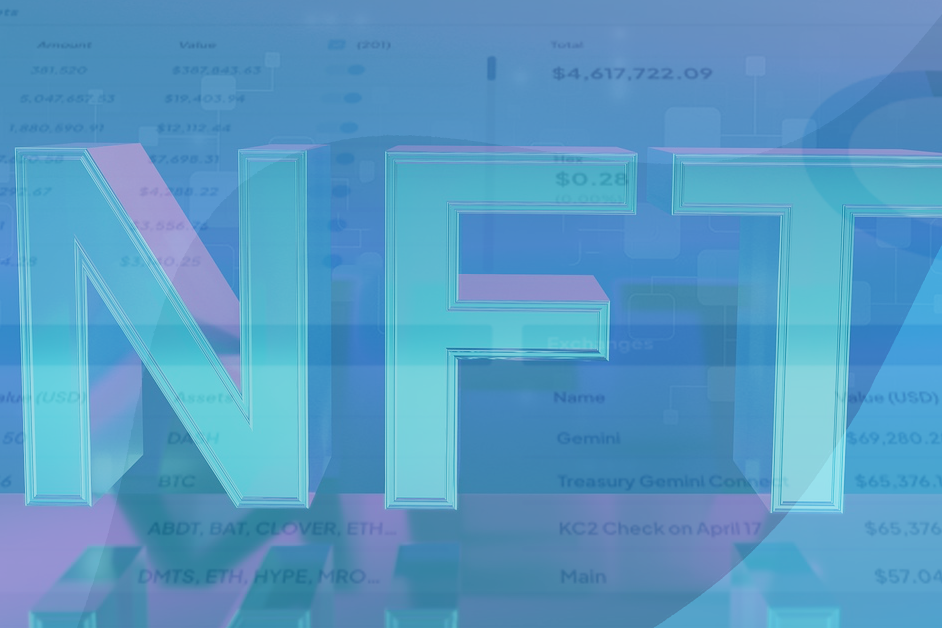Use of blockchain in the company
Blockchain technology is not just a fad that will disappear. It has the potential to revolutionize the internet and change consumer behaviour. But what does it mean beyond just the hype of a new technology?
Blockchain is revolutionary because it allows ownership of a digital asset to be linked to a specific user through an immutable and transparent database. Just as a person can own a piece of hardware or their own property, blockchain technology offers the ability to now own a piece of content, article, art or other digital assets. User-generated digital content can now be owned like owning a phone or an apartment. This is a massive shift in consumer behaviour, and it opens up a world of possibilities for users, developers and companies across different industries.
Especially around the interaction between businesses and their customers, the ability for a user to own digital assets can lead to some very interesting use cases. Blockchain-enabled loyalty programs that allow customers to earn tokens or other digital assets that can be used for discounts, products or other rewards. Transparent supply chain tracking to ensure the authenticity of products once purchased by the end customer. Verifiable digital identities so businesses can offer more personalized services and products based on customer preferences and history, while protecting their privacy.
With such promising use cases and the ability to engage directly with end users, companies and developers should be ready to jump over hot coals to deploy. However, adoption has been very low despite its potential, primarily driven by poor developer and user experience. Blockchain interaction is clunky, complicated, error-prone and immature, and this can be seen in developer statistics.
According to a LinkedIn report, there are only 28,000 skilled blockchain developers worldwide, compared to over 26 million traditional developers. The specialized programming languages, the complexity of wallet interactions, choosing a blockchain protocol with no guarantee that it will be available in six months, and the inability to integrate with a developer’s existing tools and infrastructure are all part of the problem. Even if a developer overcomes all these hurdles, they now have to convince users to work with clunky wallets and forgive bad user experiences, making it incredibly difficult to attract customers. However, after years of work, the ecosystem is finally maturing.
Several tools are now emerging that make it easier for developers to integrate blockchain into their workflows. These tools include development environments that facilitate the writing and testing of self-executing contracts (“smart contracts”) and dApps (“decentralized applications”) that use these smart contracts, or tools that provide a template for a customizable dApp. With such tools in place, the problems and complexities presented above will slowly be abstracted away, enabling developers and users from all backgrounds to create and contribute to blockchain-enabled applications.
dApps have the potential to disrupt a range of industries, from finance to healthcare to logistics. With the offer of greater security, transparency and efficiency provided by smart contracts and proof of ownership of digital assets, dApps are becoming incredibly popular among businesses. Small businesses in particular can greatly benefit from blockchain-enabled applications. They can create decentralized marketplaces, access financial services through DeFi dApps, improve supply chain management, automate processes with smart contracts and create loyalty programs. By using dApps, small businesses can streamline operations, reduce costs and reach a wider audience.
In India, where small businesses contribute 30% of GDP, blockchain has the potential to make a significant change in profit margins and user interactions. India has a head start in the blockchain ecosystem with protocols like Polygon leading the way, and with a large developer community of around 5.8 million developers, the country is poised to be one of the first countries for large-scale adoption of blockchain as a technology, despite recent regulatory crackdowns on cryptocurrencies. All that is missing is to get the right tools into the hands of the many builders, and with the emergence of new tools this will soon become a reality.
Disclaimer
The views above are the author’s own.
END OF ARTICLE
























